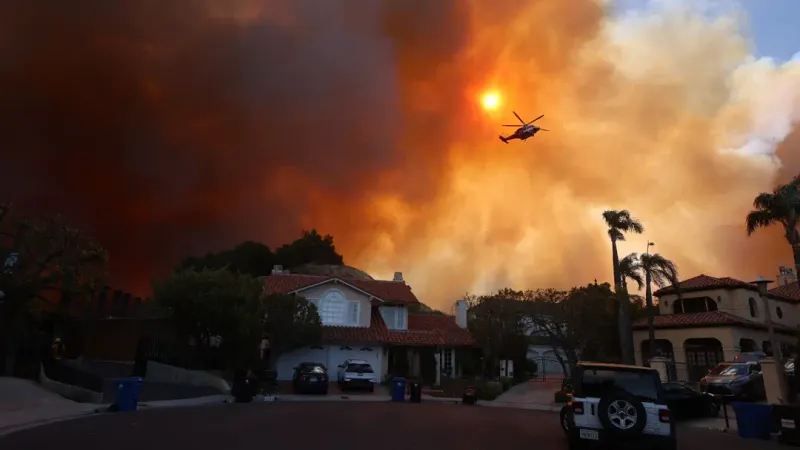Uganda Landslides: At Least 15 People Dead, Over 100 Missing
Landslides in eastern Uganda have so far killed 15 people, injured as many, and left more than 100 missing across eight villages, police said on Thursday....
Facts
- Landslides in eastern Uganda have so far killed 15 people, injured as many, and left more than 100 missing across eight villages, police said on Thursday.[1][2]
- Heavy rains on Wednesday night triggered landslides in the mountainous district of Bulambuli. According to the Uganda Red Cross Society, the landslides completely buried 40 homes and partially damaged others.[3][4][5]
- The military has been deployed to assist with search and rescue operations. However, the search for the missing has been hampered by 'impassable roads, which are preventing vehicles, including ambulances and wheel loaders, from reaching the scene [disaster site].'[6]
- District commissioner Faheera Mpalanyi indicated that the death toll was likely to rise, stating, 'Given the devastation and the size of the area affected and from what the affected families are telling us, several people are missing and probably buried in the debris.'[7]
- Photos and videos of the incident shared on social media showed huge swaths of mud covering the village of Masugu and people purportedly digging for survivors in Kimono. About 50 acres of land with homesteads and farmlands spread downhill have been impacted.[7][8]
- Landslides have become frequent in Uganda during periods of heavy rainfall. In August, more than 30 people lost their lives in a landslide in central Uganda, and in May, landslides in the western district of Kasese killed 13 people.[9][10]
Sources: [1]Africanews, [2]Reuters, [3]EWN, [4]UPI, [5]X, [6]Nilepost, [7]Al Jazeera, [8]CNN, [9]Newscentral.Africa and [10]Monitor.
Narratives
- Narrative A, as provided by Reuters and BBC News. Uganda is prone to the cascading effects of landslides because it's primarily a rural and mountainous region battered by poverty. Large swathes on the slopes of its mountains have been separated from their forests and other vegetation cover for the expansion of agriculture, increasing the risk of landslides.
- Narrative B, as provided by Uganda and Monitor. Though this disaster occurred due to heavy rains, it will reoccur if Uganda doesn't adapt to its root cause — global warming and climate change, which make hefty rainfall more likely. The country needs urgent funding to respond to natural disasters and build its capabilities to avoid another catastrophe.







